Commodity market - Commodity Market Insights

Empowering Trading Decisions with AI
How can I improve my product descriptions?
What's a good headline for a fashion blog?
Get Embed Code
Overview of Commodity Market
The commodity market is a platform where various commodities, including raw materials or primary products, are traded. These commodities can be classified into two main types: hard commodities, which are natural resources that must be mined or extracted (such as gold, oil, and rubber), and soft commodities, which are agricultural products or livestock (such as corn, wheat, and pork bellies). Markets exist both in physical forms where actual goods are traded, and as derivatives markets offering futures, options, and swap contracts. These markets play a crucial role in global economics by providing efficient pricing mechanisms and risk management strategies. For example, a farmer can use futures contracts to lock in the price of his crops in advance, securing a guaranteed selling price regardless of future market fluctuations. Powered by ChatGPT-4o。

Core Functions of Commodity Markets
Price Discovery
Example
Futures trading on exchanges like the Chicago Mercantile Exchange
Scenario
Traders use commodity futures markets to set and agree on prices for natural resources, which reflect the market's expectations of future supply and demand. For instance, if geopolitical tensions suggest potential oil supply disruptions, futures prices might increase, reflecting anticipated higher costs for crude oil.
Risk Management
Example
Hedging through commodities futures
Scenario
Producers and consumers of commodities use markets to hedge against potential price volatility. For example, an airline may purchase oil futures to lock in a price for fuel, providing budget stability even if oil prices spike due to unforeseen events.
Investment
Example
Commodity Exchange-Traded Funds (ETFs)
Scenario
Investors use commodity markets to diversify their portfolios, often through ETFs that track the performance of a commodity index. This is particularly appealing during periods of inflation when commodities can serve as a hedge against the eroding value of currency.
Target Users of Commodity Market Services
Commodity Producers
This group includes farmers, miners, and oil producers who benefit from the commodity market's ability to hedge against price volatility in their products. By using futures contracts, they can stabilize revenue streams despite fluctuating market conditions.
Commercial Users
These are the entities that require large quantities of commodities to run their business operations, such as jewelry manufacturers needing gold and airlines needing fuel. The commodity market provides them mechanisms to secure a stable supply at predictable prices.
Investors and Speculators
This category includes individual and institutional investors looking for portfolio diversification and speculators who are looking to profit from price movements in the commodities markets. Both use various financial instruments offered by commodity markets to achieve their financial goals.

Guidelines for Using Commodity Market
Initiate Access
Visit yeschat.ai to start a free trial, requiring no login or subscription to ChatGPT Plus.
Choose a Commodity
Select the commodity you are interested in from a list of options, such as metals, energy, or agricultural products.
Analyze Market Data
Utilize the available tools to analyze current market trends, historical data, and future projections.
Implement Strategies
Apply your analysis to develop trading or investment strategies tailored to your financial goals and risk tolerance.
Continuous Learning
Regularly update your strategies based on market changes and use the platform's resources to stay informed about commodity markets.
Try other advanced and practical GPTs
Digital gold consultant
Empowering Digital Gold Investments with AI
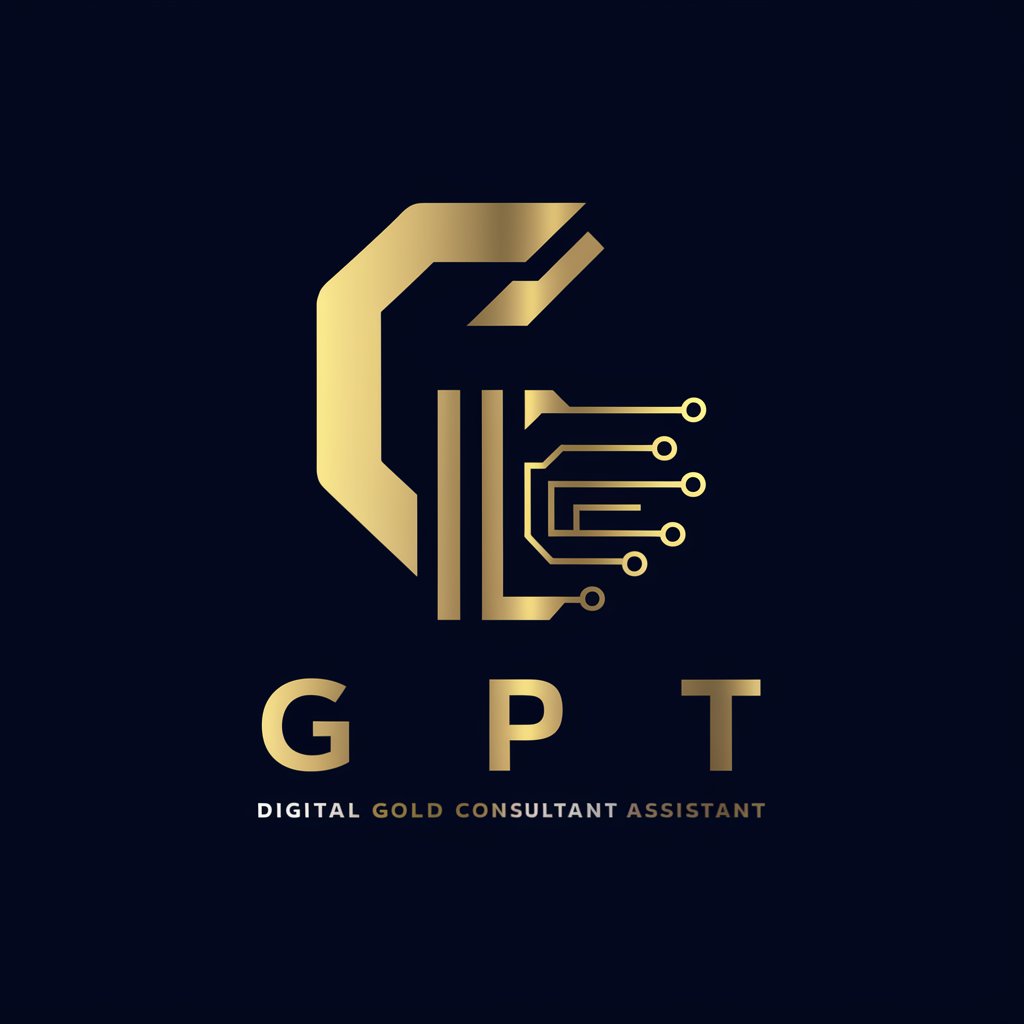
Paper Trimmer
Decipher Research with AI
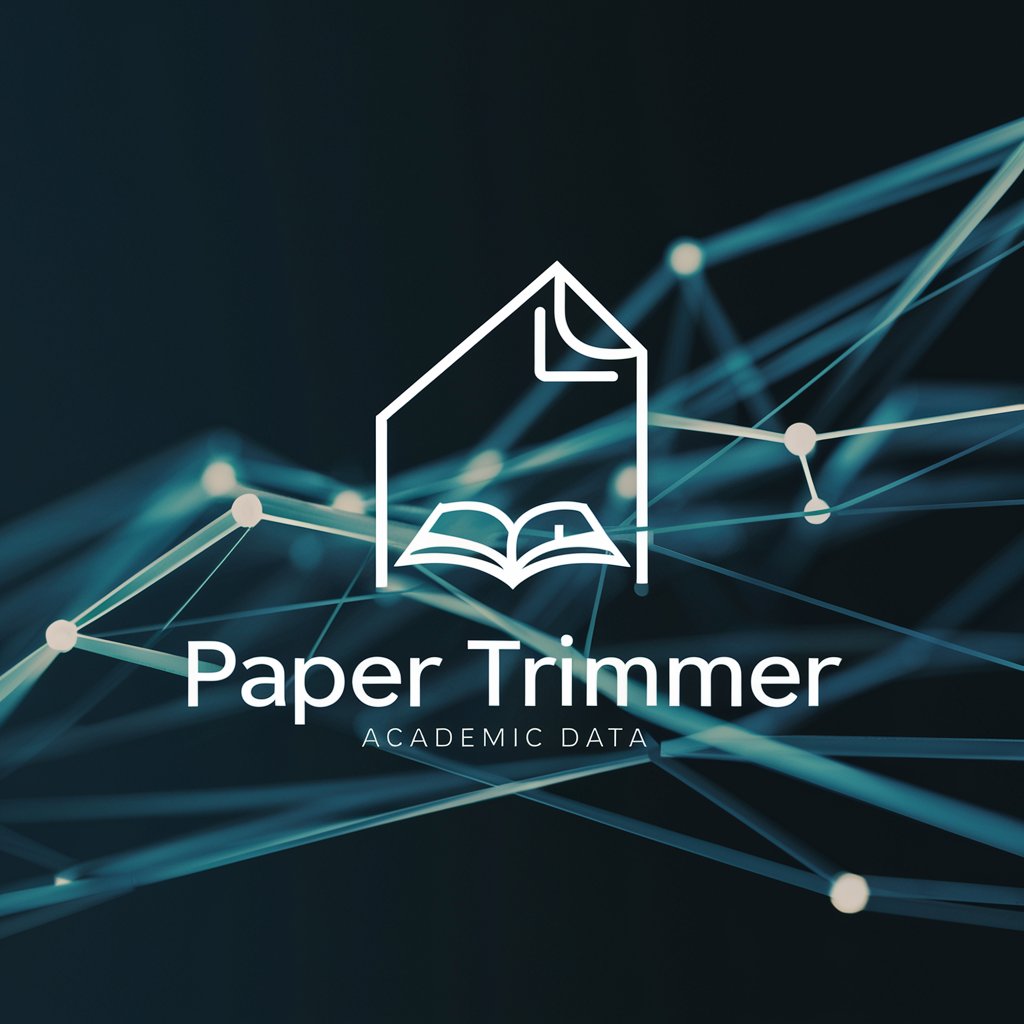
Paper Dissector
Unlock Research with AI

Deep Reader
Deep Insight into Academic Literature

ConversaLens
Unleash AI-Powered Conversation Insights

Dissecting Bias - Academic Explainer
Unraveling AI's Role in Healthcare Bias
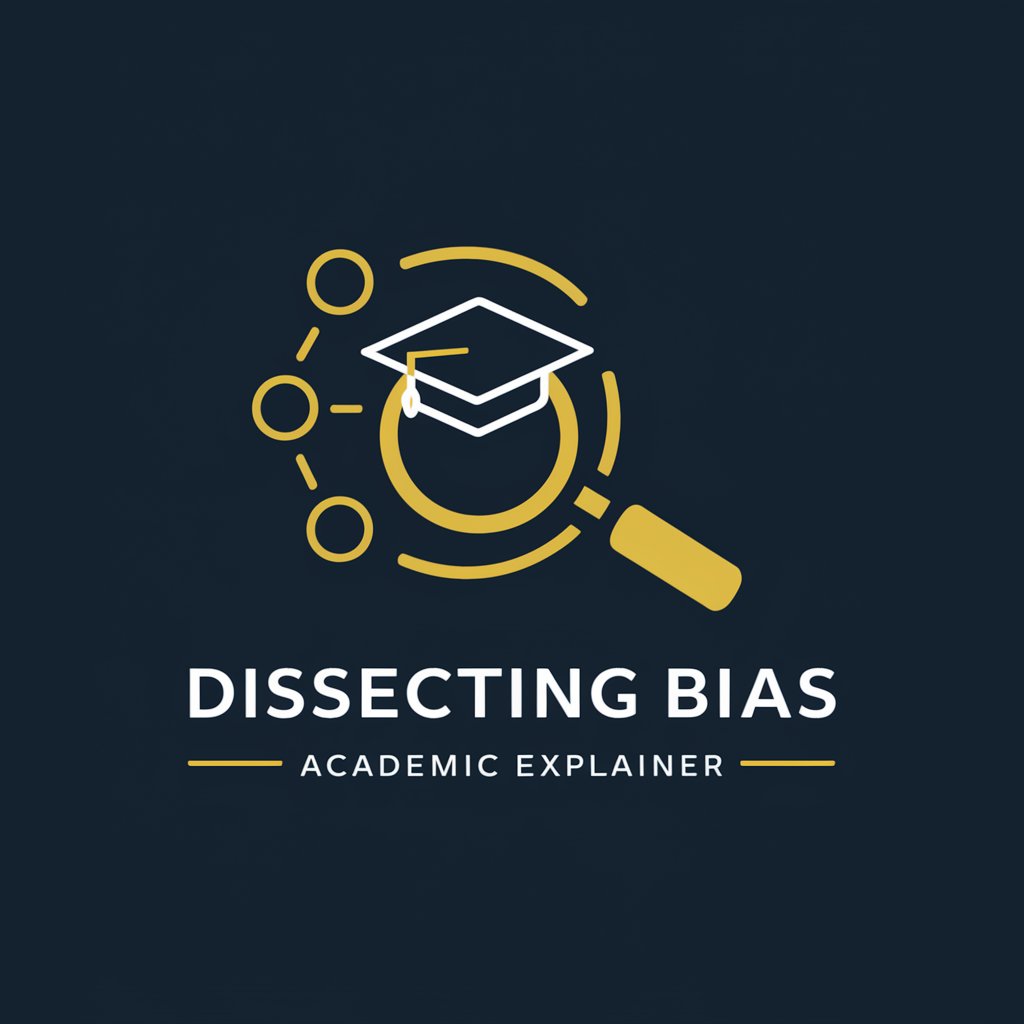
Commodity Trading Specialist
AI-powered Commodity Trading Insights
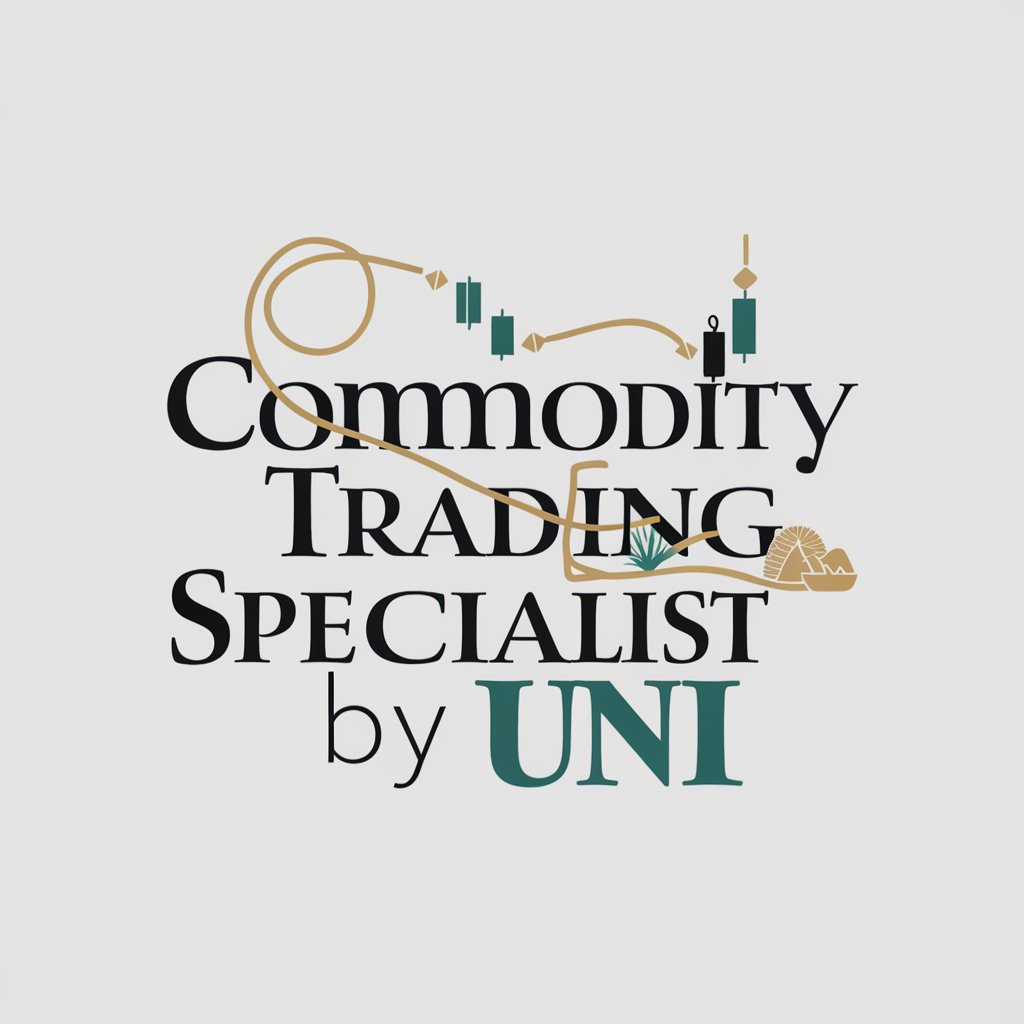
Commodity Trading Mentor
Empowering Trading Decisions with AI
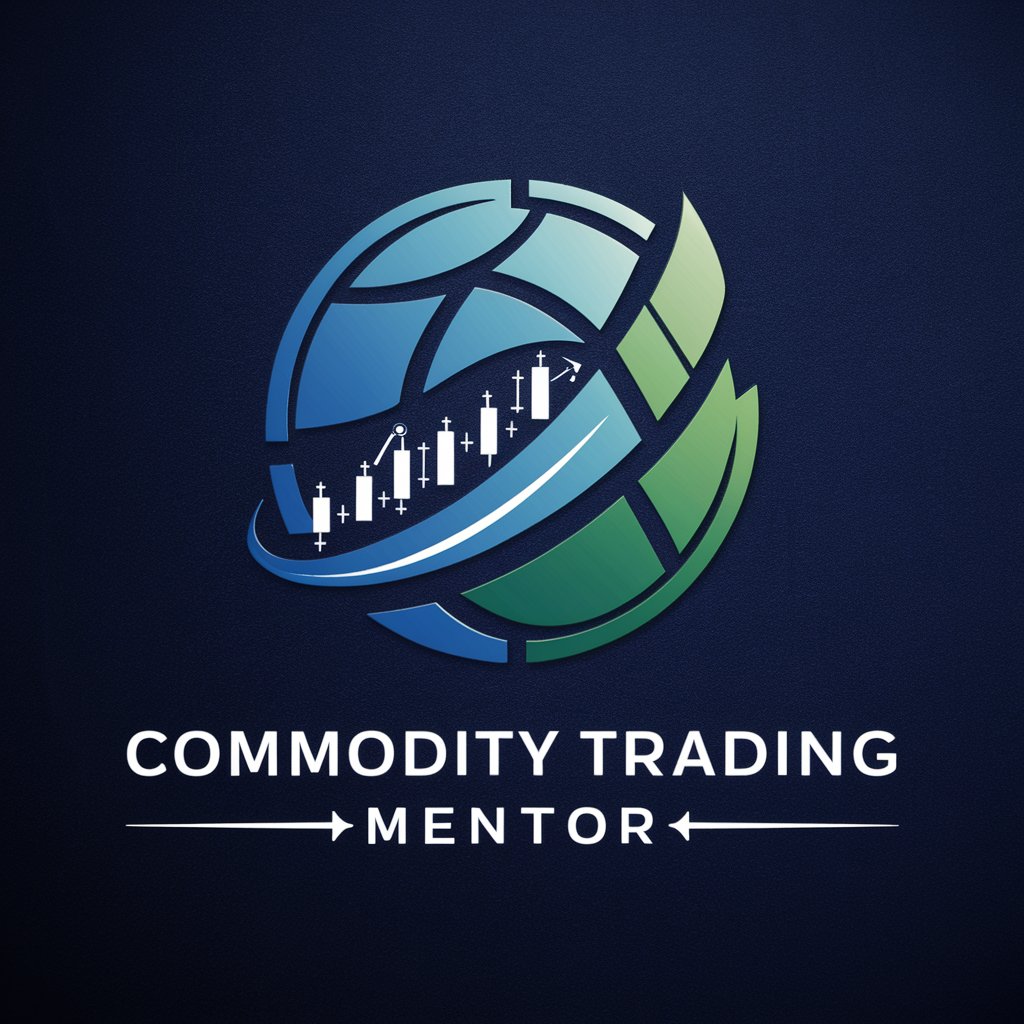
CornGPT
Uncover Corn Market Insights with AI
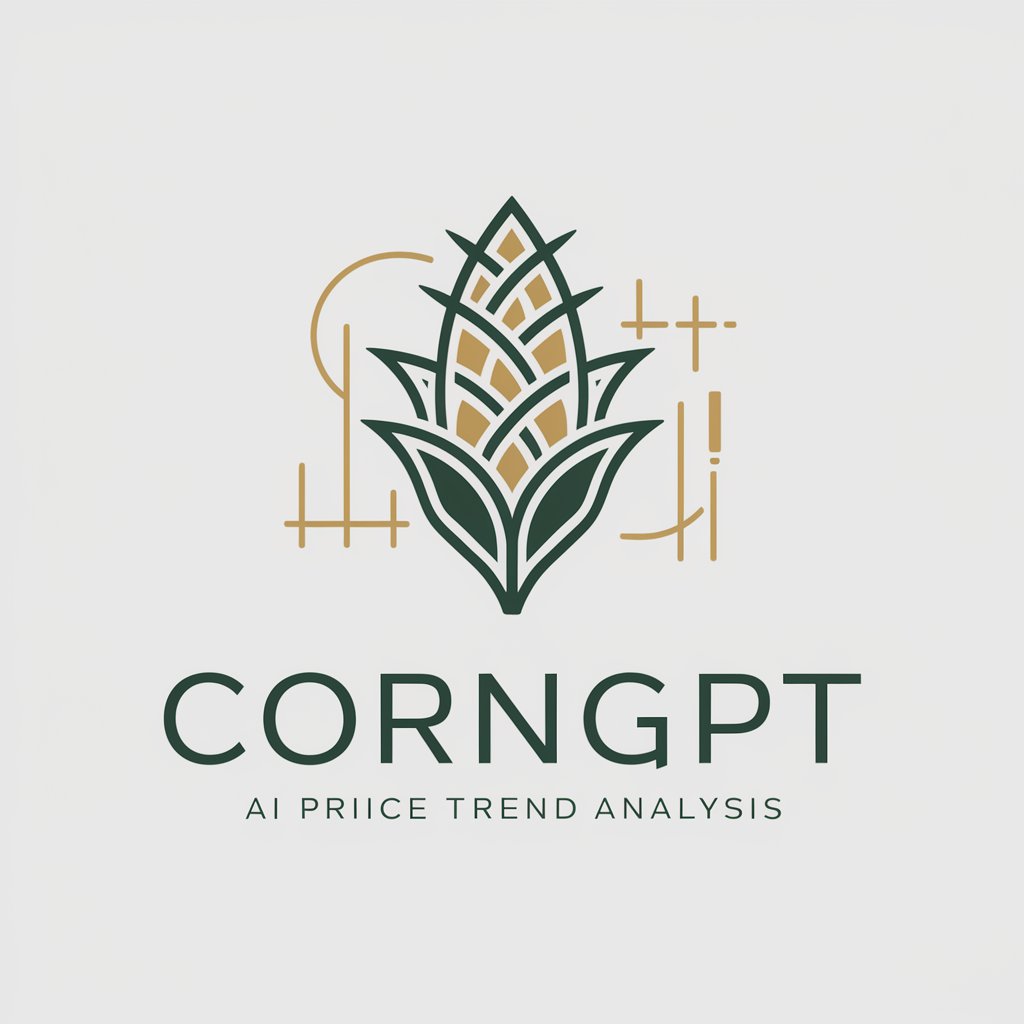
Commodity Trading Insights
Empowering Trading Decisions with AI
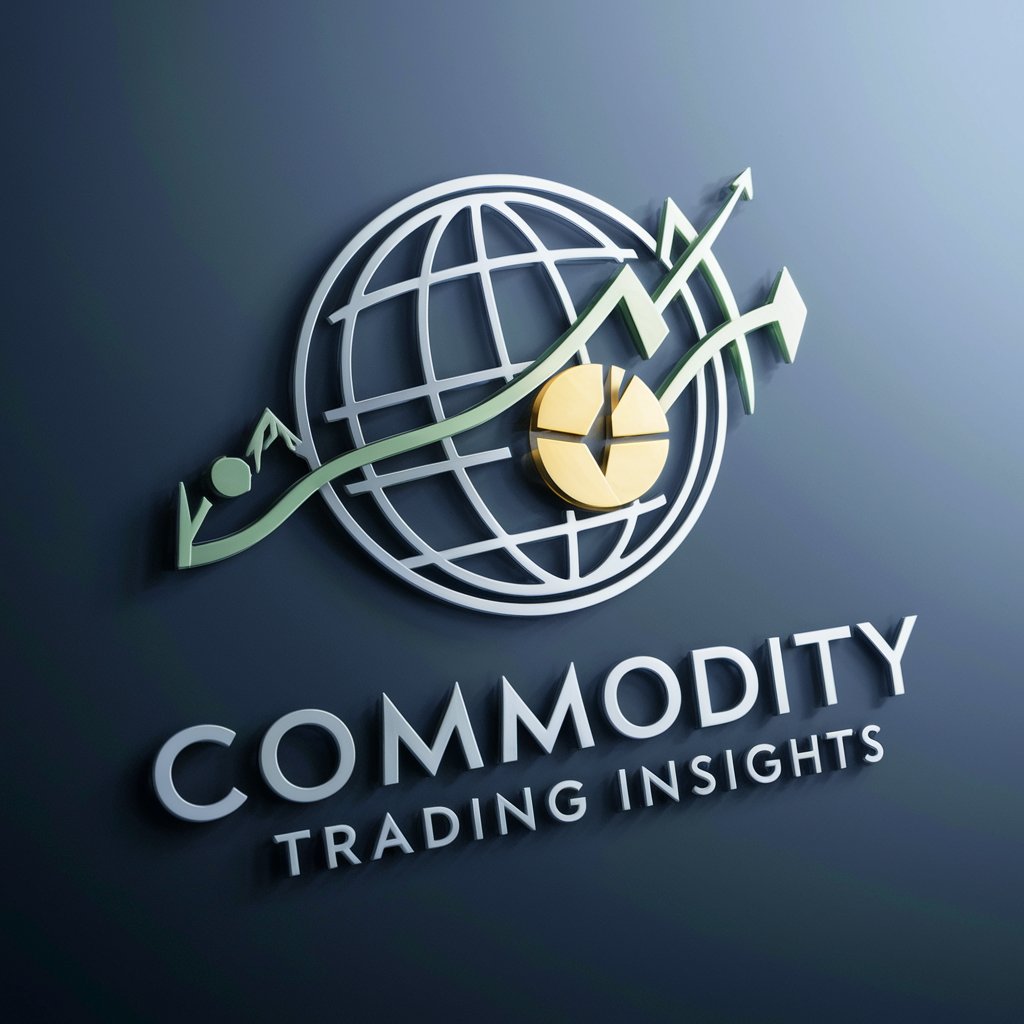
Market Analyst Pro
Empowering Market Decisions with AI
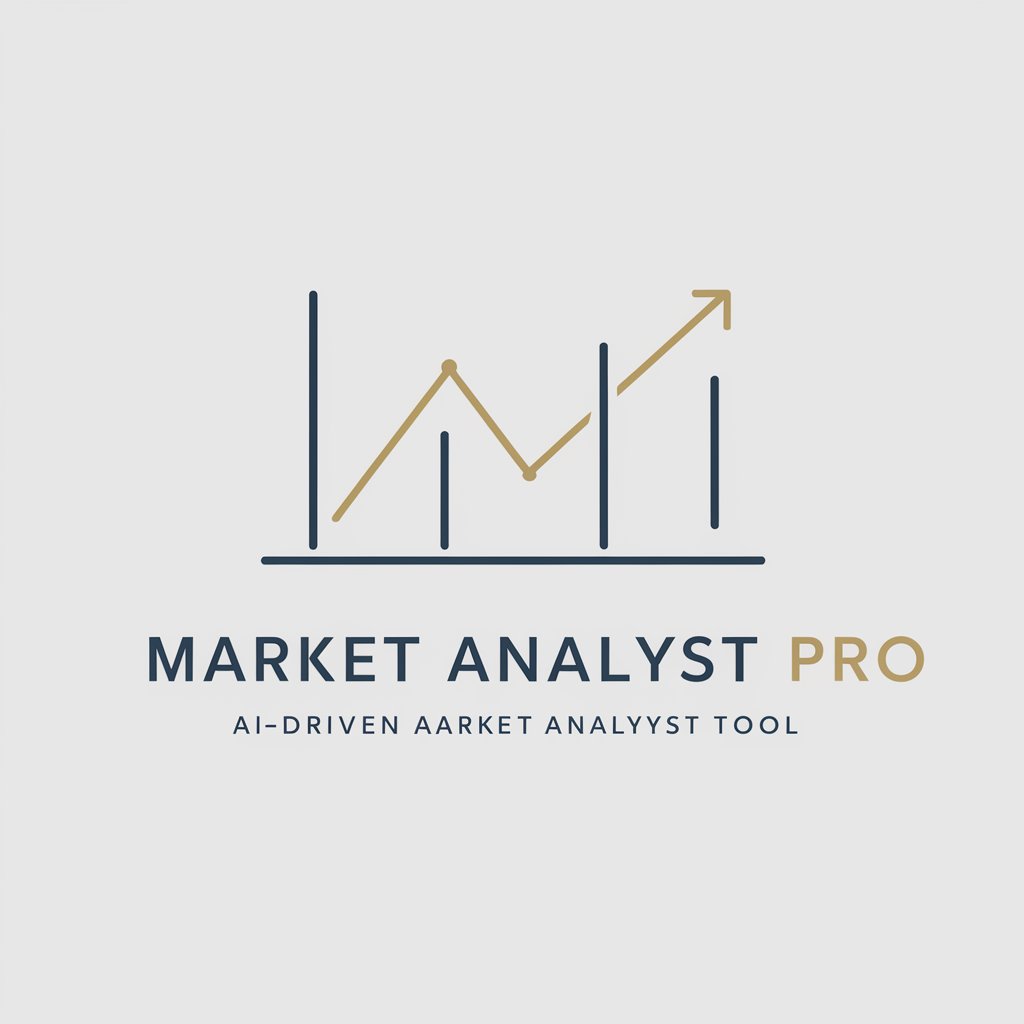
AI Trading Robot by Forex Penguin
Empowering traders with AI-driven insights
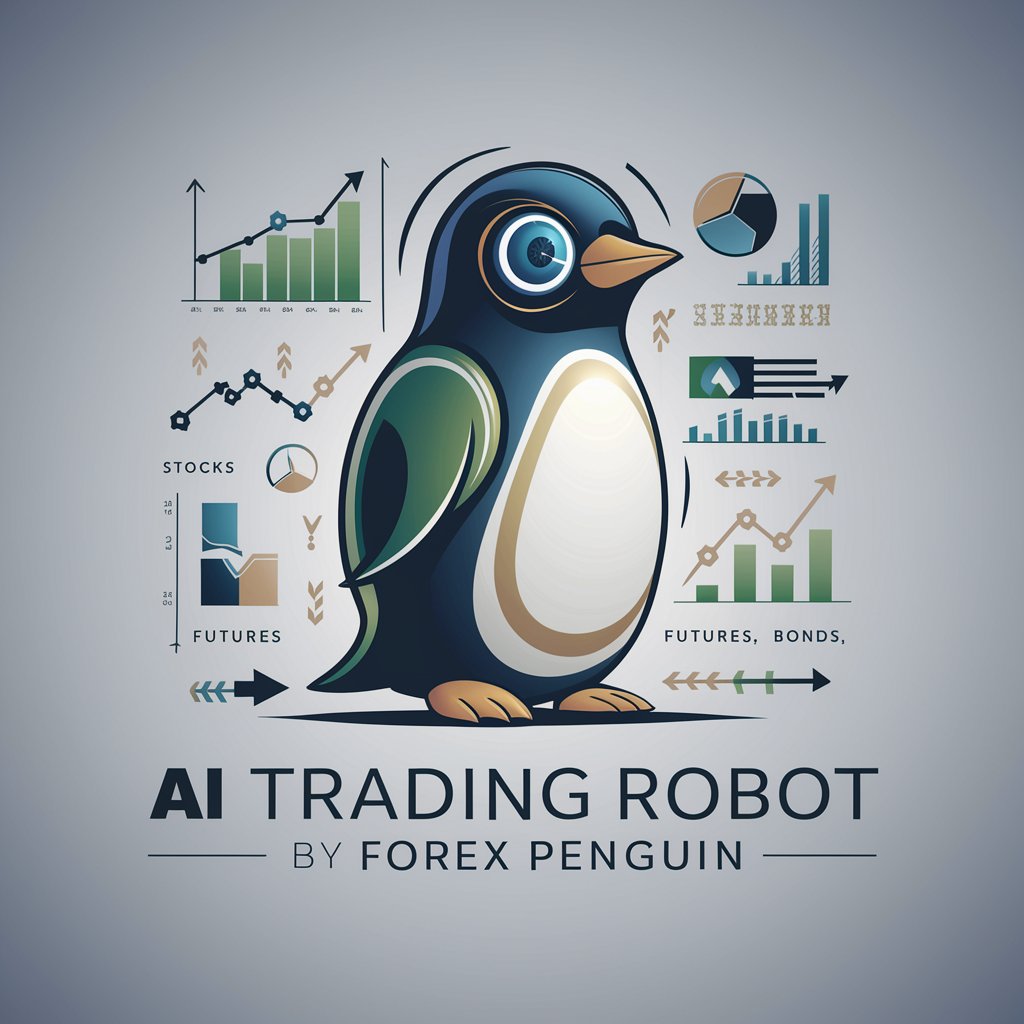
Detailed Q&A about Commodity Market
What commodities can I trade or analyze on Commodity Market?
You can trade or analyze a range of commodities including metals like gold and silver, energy commodities like oil and natural gas, and agricultural products like wheat and corn.
How can Commodity Market help in risk management?
Commodity Market provides analytics tools that help you understand market volatility and potential risks, allowing you to make informed decisions and hedge appropriately.
Does Commodity Market offer real-time data?
Yes, Commodity Market offers real-time data on commodity prices, market trends, and other economic indicators critical for trading and investment decisions.
Can beginners use Commodity Market effectively?
Absolutely, Commodity Market is designed with user-friendly interfaces and educational resources that make it accessible for beginners while still providing advanced tools for experienced traders.
What are the main benefits of using Commodity Market?
The main benefits include access to up-to-date market data, tools for detailed market analysis, risk management features, and the ability to plan and execute commodity trading strategies effectively.
